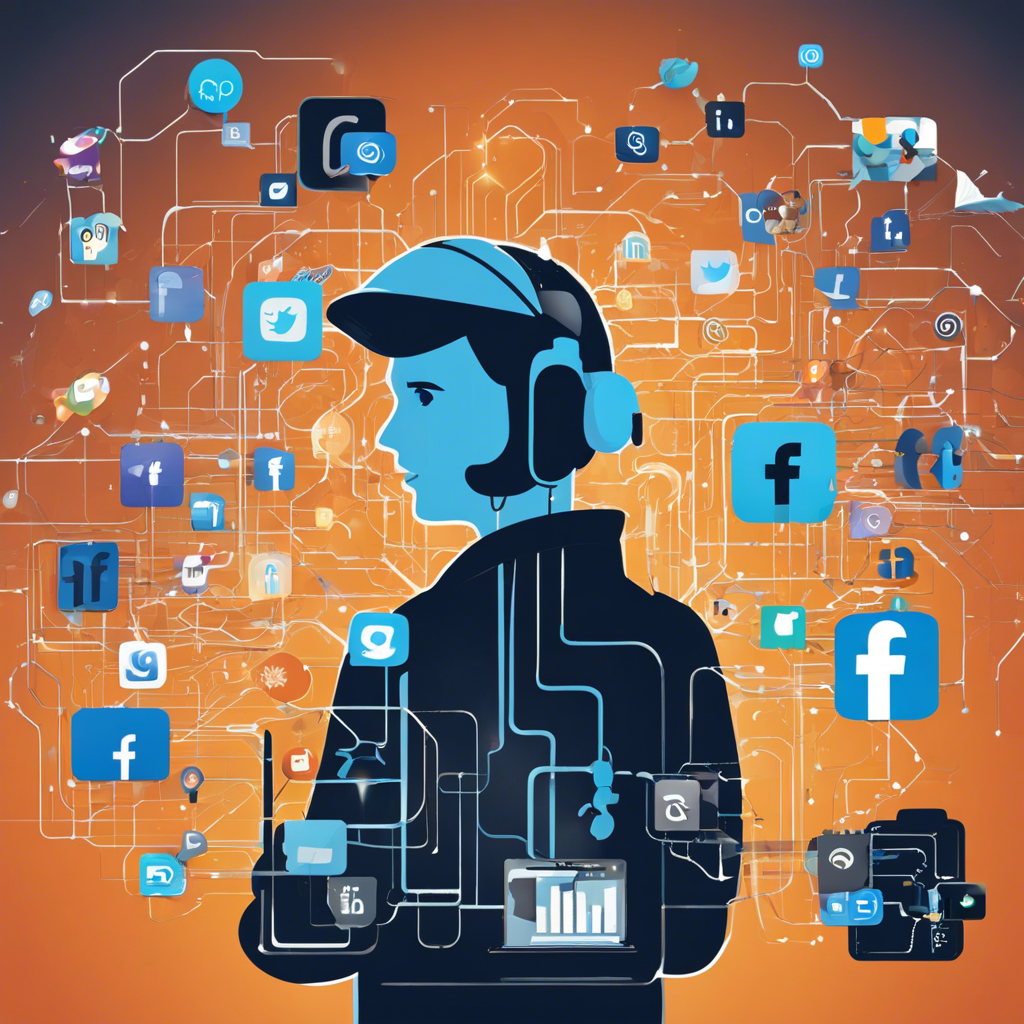Social media platforms have become an integral part of our daily lives, keeping us connected, informed, and entertained. But have you ever wondered how these platforms decide which posts and content to show on your feed? The answer lies in the complex world of algorithms and artificial intelligence (AI). These technologies have revolutionized the way information is delivered and consumed, but they also raise important questions about their impact on users and society as a whole. In this article, we’ll dive into the fascinating yet sometimes controversial role of AI in shaping your social media experience.
The algorithms powering social media platforms are designed to analyze vast amounts of data and make rapid decisions about content delivery. They consider a multitude of factors such as user behavior, engagement patterns, demographics, and even real-world events to curate personalized feeds for each individual. This level of customization is meant to ensure that users see content most relevant to their interests, making them more likely to stay engaged on the platform. For example, if you frequently interact with travel-related posts, the algorithm might prioritize travel content on your feed.
While this level of personalization may seem beneficial, it also raises concerns. One major issue is the creation and reinforcement of filter bubbles, where users are only exposed to content that aligns with their existing beliefs and preferences. This can lead to a skewed perspective of the world and limit exposure to diverse viewpoints. Moreover, algorithms can inadvertently amplify misinformation and divisive content, as they often prioritize engagement (likes, shares, and comments) over factual accuracy.
To address these challenges, social media companies are increasingly investing in AI-driven solutions. They are developing sophisticated machine learning models that can detect and demote fake news, hate speech, and other harmful content. These models are trained to identify patterns and behaviors associated with misinformation campaigns and toxic behavior, helping to create a safer online environment. For instance, Twitter’s AI-powered systems now automatically detect and flag potentially abusive tweets for review by human moderators.
However, even with these advancements, the battle against misinformation and online toxicity is far from over. Critics argue that AI algorithms still struggle to understand the nuances of human communication and context, leading to occasional mistakes and biases. Balancing effective content moderation with protecting free speech remains a complex challenge for tech companies and society alike.
In conclusion, social media algorithms powered by AI have transformed content delivery, offering users personalized experiences while also presenting significant challenges. As these technologies continue to evolve, it’s crucial that both industry leaders and users remain vigilant about their potential impact.
